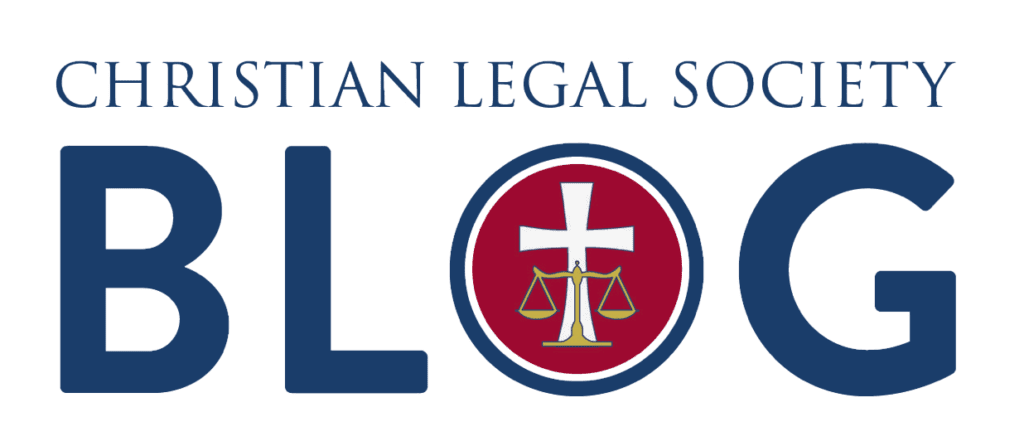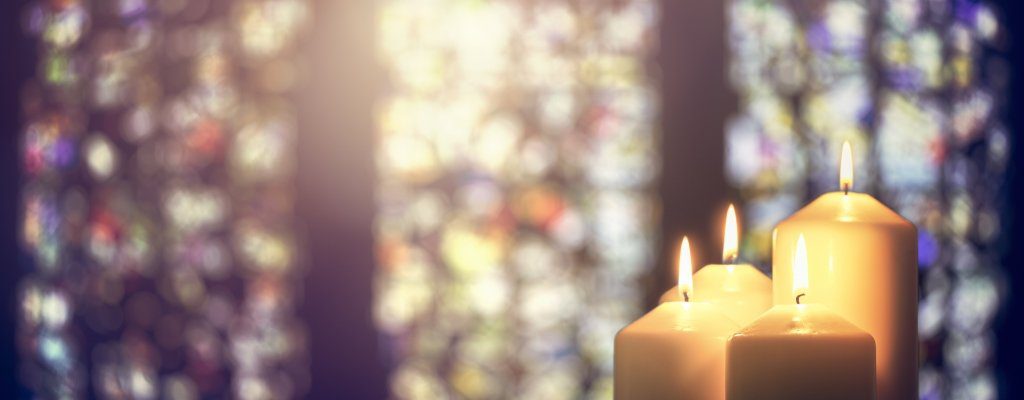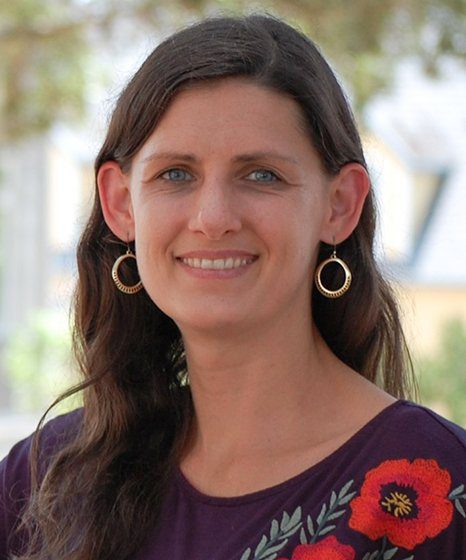
Brent Amato

As we shared in the last devotional, God is not taken by surprise by COVID-19. In fact around 1000 B.C., He inspired a Psalmist to write and sing Psalm 91. This Psalm is most certainly for us in such a time as this. How many sixteen-verse passages of Scripture reference “pestilence” twice and “plague”? (Psalm 91:3,6,10) In view of this and other deadly prospects, it gives us security for such a time as this. We probably all think we know what “security is” and where to find it. While God Himself is the ultimate “Security” and Verse 2 is the key verse of the Psalm, God always digs deeper, the deepest, to the unfathomable!
The divinely-inspired psalmist shows us what is most important to God. Rather than what we do, He focuses on our relationship, which involves who we are and who He is. In Part I, I left you with this proposition: “I believe God is calling all of us to believe and trust, and trust “ruthlessly” (“not letting anything stay too long between us and our God”). A review of the rest of the Psalm directs us to know more about ourselves and God, because that is God’s desire (Psalm 139:23-24, Jeremiah 9:23-24) and the basis for the best relationship that will always lead to “ruthless trust” and the best security.
WHAT WE NEED TO KNOW ABOUT OURSELVES-WHO IS BLESSED BY THIS SECURITY? (Psalm 91:14, 1-2)
The Psalmist identifies three characteristics that mark the one who has this security in our God. These three characteristics should motivate us to a personal inventory. Let’s examine them and take that inventory:
1. One who knows God’s name (Psalm 91:14).
Do you know why that is important? “To the Hebrews of old, the name of God meant the revelation of His nature….All the names used of [God} should be taken out at all times…as treasure to use for our constant spiritual enrichment.” (All the Divine Names and Titles in the Bible, Herbert Lockyer).
Do you know how many names and titles of God there are, not including the symbolic designations such as those in this Psalm 91 (e.g., “refuge”, “fortress”)? Lockyer identifies twenty-seven!
Do you know and truly understand the implications of the four identified in this Psalm?
-Verses 1 and 9: ”The Most High” (“Elyon”): Higher than any god or king of any nation
-Verse 1: “The Almighty” (“Shaddai”): God’s power, all sufficient and adequate for every situation
-Verses 2 and 9: “The Lord” (“Jehovah”): Eternal, ever-loving covenant- maker who is faithful to His promises
-Verse 2: “God” (Elohim”): Powerful, whose greatness and glory surpasses anything we can imagine
Who could miss security found in these names? Psalm 46:10a captures the desired characteristic: “Be still and know that I am God.”
2. One who loves (“holds fast to, clings, is passionate about”) God (Psalm 91:14).
Do you know how important this is? Jesus identified this as “the greatest commandment” (Mark 12:28-30). Beyond that, He identified the degree of the commandment: “all your heart and soul and mind and strength”.
We all know the concept and, to varying degrees, practice it in all our relationships. Just as with your understanding of His names, there is a direct correlation between your love for Him and your security in Him. How is your “love-life” with God?
3. One who trusts God. (Psalm 91:2). A third direct correlation: The more you trust in God, the more security you will find in Him. How “ruthless” is your trust in God? Solomon got it right: “Trust in the Lord with all your heart, and do not lean on your own understanding. In all your ways acknowledge him, and he will make straight your paths. Be not wise in your own eyes; fear the Lord….” (Proverbs 3:5-7)
I cannot help but wonder how much these characteristics mark me.
What would happen to our perspective about COVID-19 or any other challenge in our life if we better understood what we need to bring to the altar in our relationship to God? Wouldn’t these three characteristics be enough? Ah, but there is more that God wants us to know about, found in the Psalm of security for such a time as this. But that is for another Devotional-Part III.

Mike Schutt
Director, CLS Law School Fellows

Alanna Walker
Grants Coordinator

Michelle Williams
Law Student Ministries Coordinator
GET UPDATES
The views expressed on the CLS Blog are the views of the individual authors and do not necessarily reflect the positions of Christian Legal Society.
The purpose of the CLS Blog is to generate discussion with a free exchange of ideas and opinions.
▦ |CLS - Christian Legal Society © 2025|














































